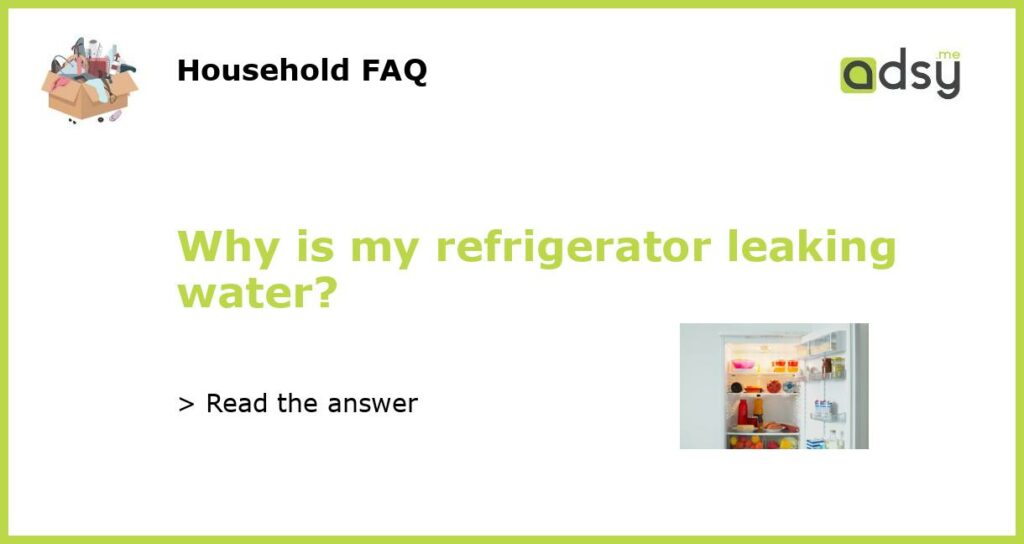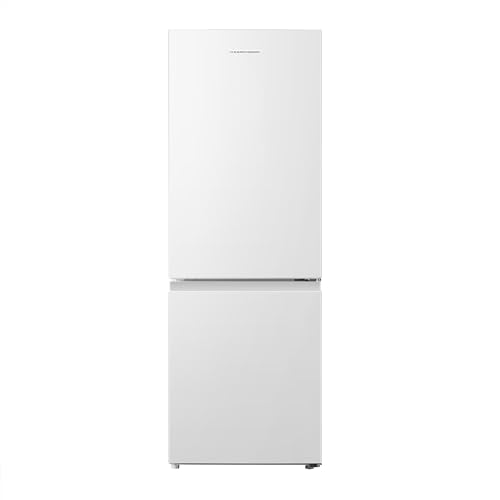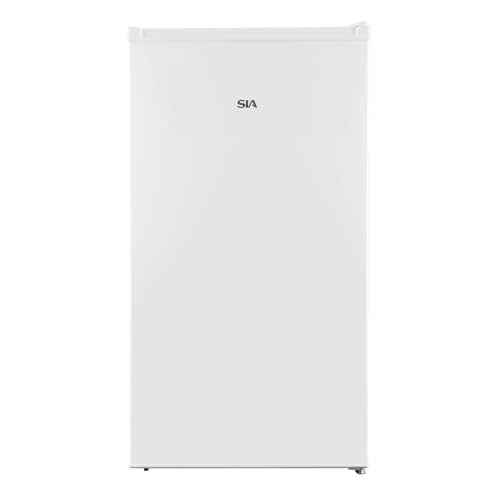Common Causes of Refrigerator Leaks
If you’ve noticed water pooling beneath your refrigerator, it’s important to address the issue promptly to prevent potential damage to your floors and surrounding cabinets. There are several common causes for refrigerator leaks, including:
Clogged or Frozen Defrost Drain
One of the most common causes of refrigerator leaks is a clogged or frozen defrost drain. The defrost drain is responsible for routing melted ice and condensation towards the drain pan, located at the bottom of the refrigerator. Over time, this drain can become clogged with debris, preventing water from escaping properly and causing it to overflow onto the floor.
Damaged Water Valve or Supply Line
Another potential cause of refrigerator leaks is a damaged water valve or supply line. If your refrigerator has a built-in ice maker or water dispenser, it relies on a water supply line to provide water for these features. If the supply line becomes damaged or develops a leak, water can escape and pool beneath the refrigerator.
Faulty or Clogged Drain Pan
The drain pan, also known as the drip pan, is located beneath the refrigerator and is designed to collect condensation and other moisture. If this pan becomes damaged or clogged, it can cause water to overflow and leak onto the surrounding floor. Inspect the drain pan for cracks, leaks, or excessive debris that may be impeding proper drainage.
Improperly Installed or Damaged Drain Hose
The drain hose is responsible for carrying water from the defrost drain to the drain pan. If the hose is improperly installed or becomes damaged, it can lead to leaks and water pooling beneath the refrigerator. Inspect the drain hose for any visible signs of damage or misalignment and ensure it is securely connected.
Excessive Condensation
In some cases, excessive condensation can be the culprit behind a refrigerator leak. This can occur if the refrigerator door is not sealing properly, allowing warm air to enter the unit, leading to condensation buildup. Check the door gaskets for any signs of wear or damage, and ensure they are sealing tightly.
How to Identify and Address the Issue
To identify the cause of your refrigerator leak and address the issue accordingly, follow these steps:
Step 1: Check for a Clogged Defrost Drain
If you suspect a clogged defrost drain, locate the drain opening at the back of the freezer compartment. Use a small tool, such as a pipe cleaner or turkey baster, to remove any debris or ice that may be obstructing the drain. Flush the drain with hot water to ensure proper drainage.
Step 2: Inspect the Water Supply Line and Valve
If your refrigerator has a water dispenser or ice maker, examine the water supply line for any visible damage or leaks. If necessary, replace the supply line. Additionally, check the water valve for any signs of damage or malfunction. If you notice any issues, consult the manufacturer’s instructions or contact a professional for repair or replacement.
Step 3: Inspect the Drain Pan and Hose
Inspect the drain pan for signs of damage, such as cracks or leaks. If the pan is damaged, replace it with a new one. In addition, check the drain hose for any visible damage or misalignment. Ensure that the hose is securely connected to both the drain pan and the defrost drain.
Step 4: Check for Proper Door Sealing
Check the door gaskets for any signs of wear or damage. If the gaskets are no longer sealing properly, they may need to be replaced. Clean the gaskets with warm soapy water and ensure that they are making a tight seal when the refrigerator door is closed.
When to Seek Professional Help
If you have followed the above steps and are still experiencing refrigerator leaks, it may be time to seek professional help. A qualified appliance repair technician will have the necessary expertise and tools to diagnose and fix the issue. Additionally, if you are uncomfortable performing any of the steps outlined above, it is recommended to consult a professional to ensure the problem is addressed correctly.
By identifying and addressing the cause of your refrigerator leak in a timely manner, you can prevent further damage and ensure the reliable performance of your appliance in the future.






